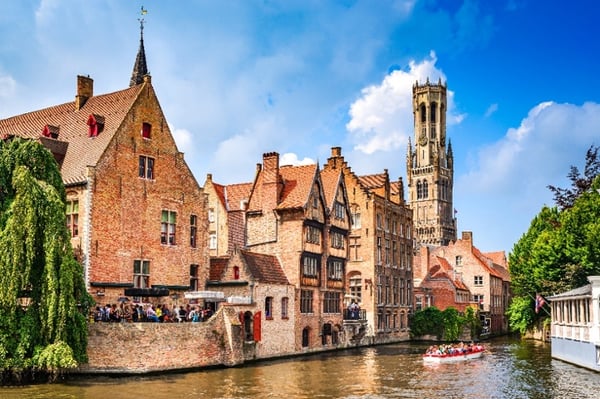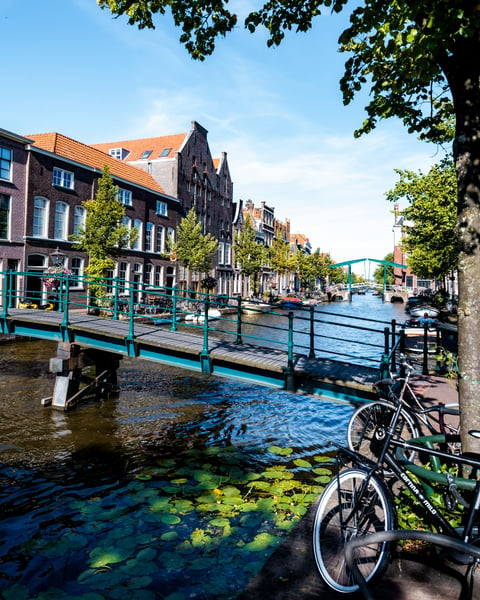Tourist Short Stay Visa

Whether you’re planning to travel to Belgium for work, to study, or for a holiday, you might need to apply for a visa. Essentially, a visa is a sticker or stamp in your passport that lets you enter and stay in a country for a certain amount of time.
For a short stay in Belgium, you could apply for a C visa (Schengen visa) which will be valid for up to 90 days. Or if you’re looking to stay for longer, you can apply for a D visa (national long-stay visa) instead.
Some nationalities won’t need a visa for a short stay in Belgium, but everyone will need one for a long stay. In certain circumstances, travellers can apply for residence while they’re in Belgium.
When you’re reading our visa guidance for Belgium, you’ll see the term ‘third-country national’. This means anyone who doesn’t have the nationality of one of the Member States of the European Union or the associated countries (Iceland, Lichtenstein, Norway, and Switzerland).

Can I apply for a tourist visa to visit Belgium?
Whether you’re planning to visit Belgium to see family, explore the culture on holiday, for professional reasons, to attend or participate in a sporting or cultural event, or for any other reason, you’ll need to show that you meet the requirements to enter the Schengen Area.
One of these requirements to enter the Schengen Area is to have a valid visa. So, we’ve gathered all the information you need to help you through the application process.
Please note, if you’re exempt from needing a visa, or you hold a valid residence permit that lets you visit without a visa or a national long-stay visa (Visa D), you don’t need to meet this requirement.
Another thing to remember, starting from May 2025, citizens of these countries need to register for ETIAS before travelling to Belgium.
Visit here for further guidance on applying for a visa to visit Belgium.
Destinations
Embark on unforgettable travel adventures and discover diverse cultures with our travel tips and useful information on what's on, where you can go and what you can see.









